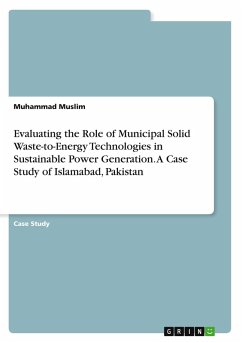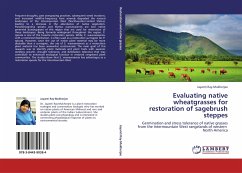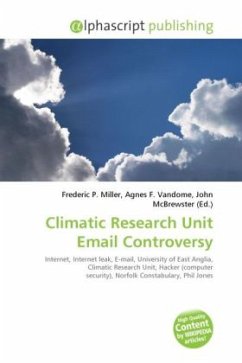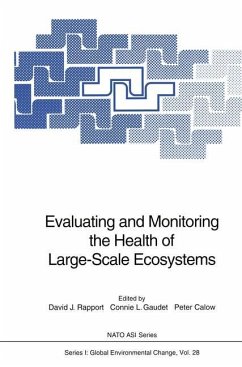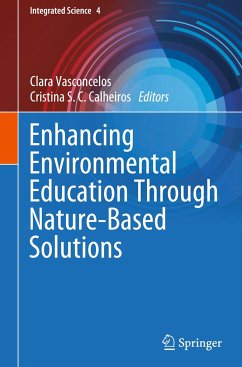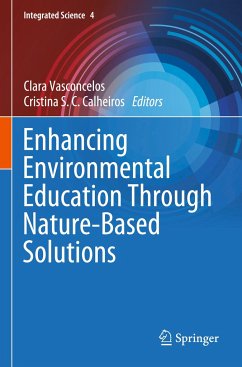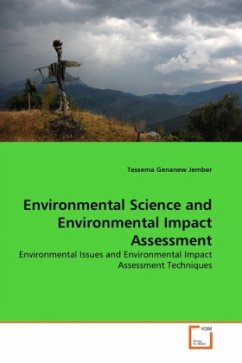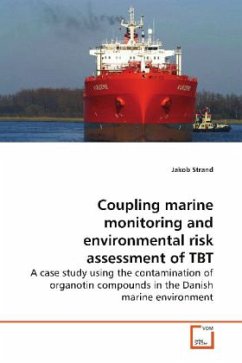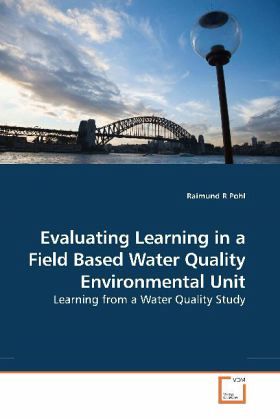
Evaluating Learning in a Field Based Water Quality Environmental Unit
Learning from a Water Quality Study
Versandkostenfrei!
Versandfertig in 6-10 Tagen
32,99 €
inkl. MwSt.

PAYBACK Punkte
16 °P sammeln!
For the first time a field based environmental setting was used in a water quality-monitoring program that was carried out to compare the cognitive achievement of students in a water quality-monitoring school with students in non-water quality-monitoring schools. The results indicate that students involved in the water quality-monitoring school were more homogenous and ranked higher in their cognitive achievement and transferability of concepts than students in the non-water quality-monitoring schools. Pre and post testing were carried out as well as using anecdotal information to confirm that...
For the first time a field based environmental setting was used in a water quality-monitoring program that was carried out to compare the cognitive achievement of students in a water quality-monitoring school with students in non-water quality-monitoring schools. The results indicate that students involved in the water quality-monitoring school were more homogenous and ranked higher in their cognitive achievement and transferability of concepts than students in the non-water quality-monitoring schools. Pre and post testing were carried out as well as using anecdotal information to confirm that there was a direct association in relation to cognitive authentic learning using constructivism. Comparisons were made between similar water environmental programs in different countries and the water quality-monitoring school program results. The use of skills and constructivist techniques indicates that the water quality-monitoring program together with real life problem solving work is an effective method for improving science learning.



